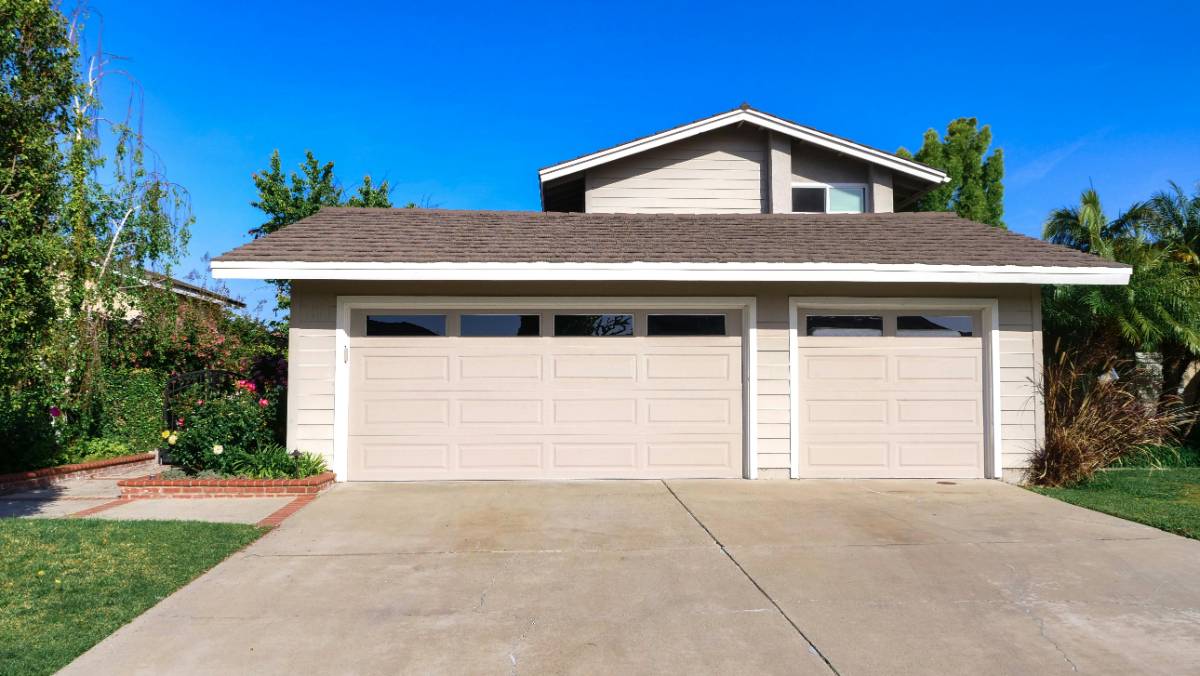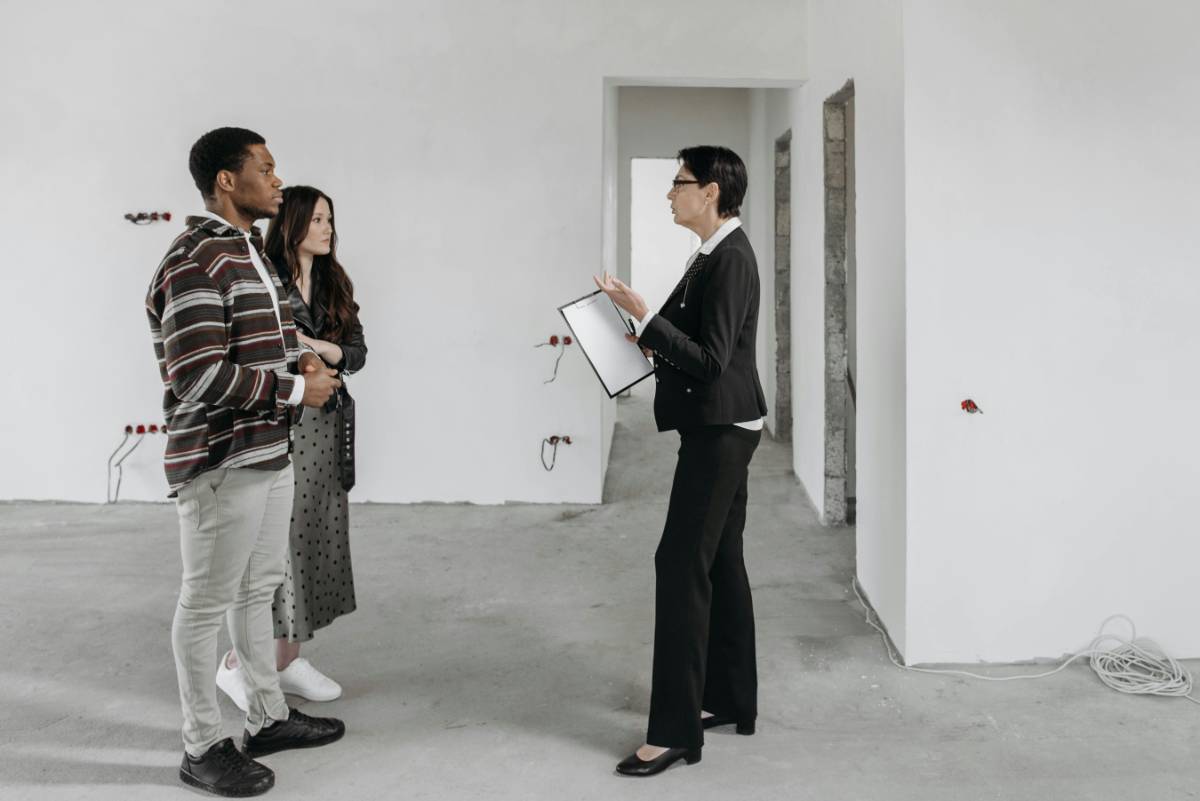
Common Mistakes to Avoid When Buying a Home
Buying a home is one of the biggest investments you'll ever make, so it's important to avoid common mistakes that can cost you in the long run. Whether you're a first-time buyer or an experienced homeowner, being aware of these pitfalls can help you make a smarter, more informed decision.
Skipping the Pre-Approval Process
One of the biggest mistakes buyers make is skipping the mortgage pre-approval process. Without pre-approval, you risk looking at homes that are outside of your budget or falling in love with a property that you can't afford. Getting pre-approved gives you a clear idea of what you can afford and strengthens your position as a buyer.

Not Setting a Realistic Budget
It's easy to get carried away when looking at homes, but it's crucial to set a realistic budget that includes not only the purchase price but also additional costs like property taxes, maintenance, and insurance. Failing to account for these expenses can lead to financial stress down the line.
Ignoring the Neighborhood
While the house itself may be perfect, it's important to consider the neighborhood as well. Take the time to explore the area, check out local amenities, schools, and public transportation options. The location of your home can significantly impact your quality of life and property value.
Neglecting a Home Inspection
A home inspection is a crucial step in the buying process. Skipping it can lead to expensive surprises after you've closed on the property. A thorough inspection can uncover hidden issues such as structural damage, plumbing problems, or electrical hazards that could cost you thousands to repair.
Focusing Too Much on Cosmetics
While it’s important that a home feels right, focusing too much on cosmetic issues like paint colors or outdated wallpaper can lead to overlooking more important structural or functional problems. Remember that cosmetic issues can be fixed, but foundational issues might be much more expensive to address.

Not Considering Future Resale Value
Even if you're planning to stay in the home for many years, it's important to think about its resale potential. Look for features that are in demand, like a good layout, a functional kitchen, or a well-maintained exterior. If you purchase a home with low resale potential, you could lose money when you eventually decide to sell.
Making an Emotional Decision
It’s easy to fall in love with a property, but buying a home is a financial decision, not an emotional one. Make sure you assess the property objectively, considering factors like location, condition, and price. Emotional decisions can lead to overpaying or making compromises you’ll regret later.
Overlooking Hidden Costs
Beyond the down payment, there are many other costs associated with buying a home. Closing costs, home insurance, utilities, and even home improvements can add up quickly. Make sure you have a clear understanding of all the costs involved before making an offer.
Conclusion
Buying a home can be an exciting and rewarding experience, but it's essential to avoid these common mistakes. By being mindful of your budget, conducting thorough inspections, and considering resale value, you can make a more informed decision and find a property that suits both your needs and your financial situation.



